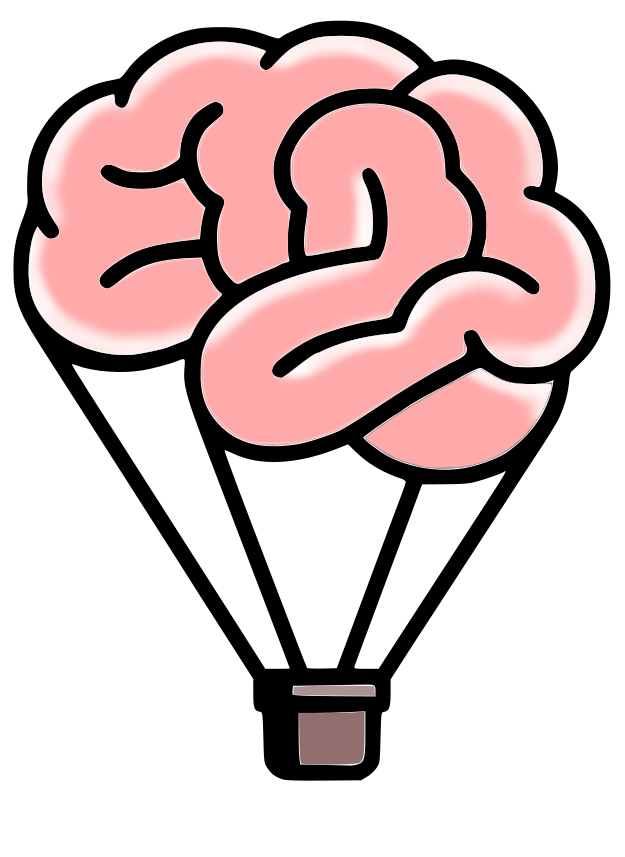When we use the word “diet” here at Liberated Mind we are using it as a Noun to refer to:
“…the kinds of food that a person habitually eats 1.”
Merriam-Webster
The word diet can also mean “a regimen of eating and drinking sparingly to reduce one’s weight, or for health reasons, i.e., going on a diet.” In general, this is not what we mean when we use the word diet, though this may be implied if what you are eating is not actually helping you take care of yourself.
In the general sense then, when we say “diet,” we are referring to the food someone eats on a regular basis to obtain nutrition for the body.
Nutrition has been implicated in behavior, mood, and in the pathology and treatment of mental illness 2.
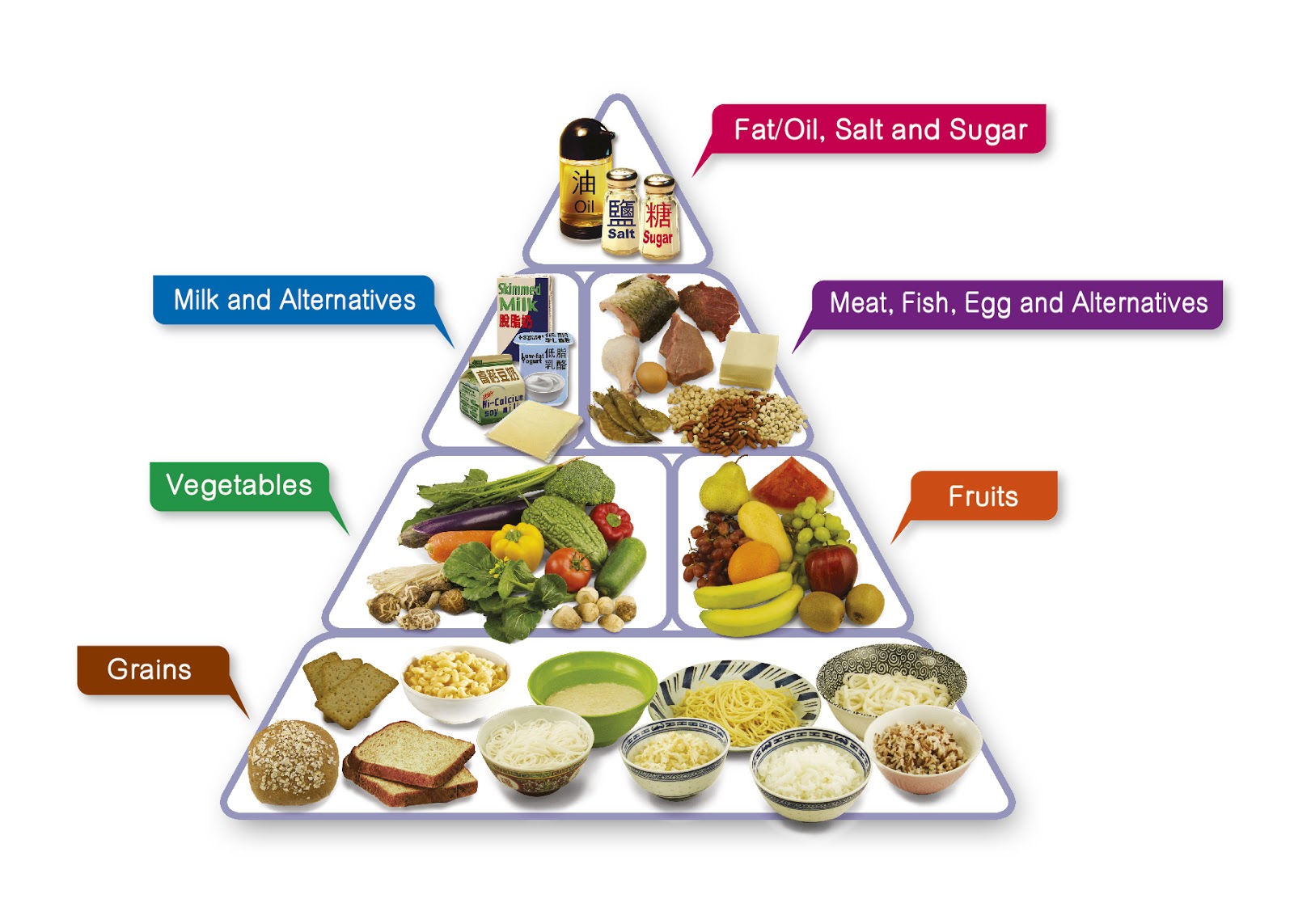
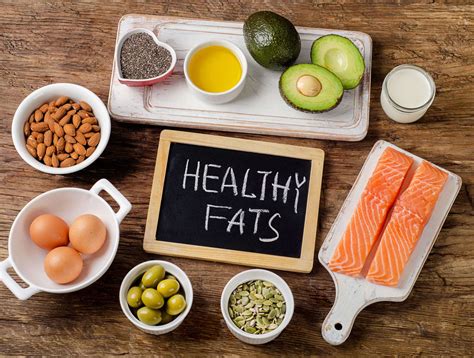
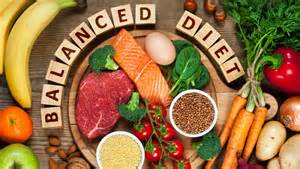
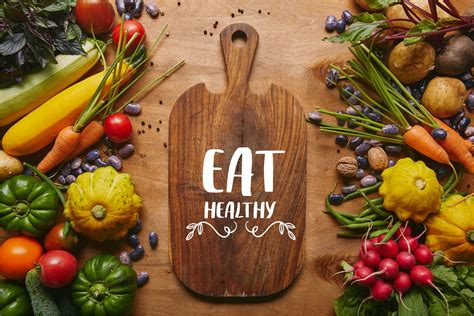
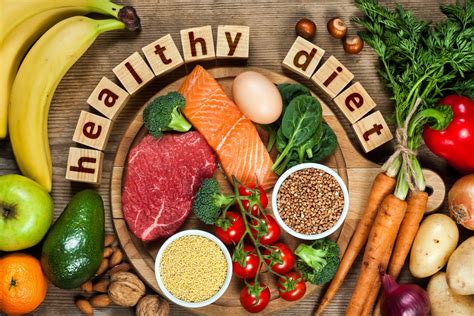
Existing research in the field of nutritional psychiatry suggests that our diet can affect our mental and emotional health. An impressive meta-analysis—or a study of other studies done on diet, including studies from 10 countries—conducted by researchers at Linyi People’s Hospital in Shandong, China suggests that dietary patterns contribute to depression3. For example, the food we eat affects our gastrointestinal systems (the gut), which is directly tied to the brain, impacting how people process emotions 4.
Emerging research coming out of Harvard Medical School on the link between the brain and gut is finding that, “although [the gut] can’t compose poetry or solve equations, this extensive network uses the same chemicals and cells as the brain to help us digest and to alert the brain when something is amiss. Gut and brain are in constant communication. The enteric nervous system that regulates our gut is often called the body’s “second brain” 5.
The more we learn about the entire bodily system, the more we find that the gut and brain are fundamentally tied together.
In a nutshell, a healthy diet can have a positive impact on mental well-being, while an unhealthy diet may contribute to anxiety, depression, and other mental health issues. It is important to be mindful of dietary choices, striving to maintain a healthy diet for both physical and mental well-being.
To nerd out a bit on this topic here are some summaries and links to academic papers on this topic
“Most of the mechanisms hypothesized to explain the potential relation between diet and mental health are strictly connected. …a general group of features of the whole dietary and eating habits seems to better describe the potential beneficial effects of diet with a synergistic interaction between different nutrients in the prevention of mental health disorders.”
- Article: Diet, Stress and Mental Health
“Finally, a healthy diet with reduction in obesity will likely have beneficial effects on mental health through improved feelings of wellness and self-esteem, in addition to the known association between obesity and depression.”
“The evidence from this meta-analysis suggests that food insecurity has a significant effect on the likelihood of being stressed or depressed. This indicates that health care services, which alleviate food insecurity, would also promote holistic well-being in adults.”
“Accumulating evidence provides support for the existence of direct relationships between nutrition, stress susceptibility, mental health and mental function throughout the lifespan. However, the evidence is correlational and there is a gap in understanding how these effects come about. …The promotion of dietary habits that lead to better mental health, and the identification and validation of critical individual nutritional components, will improve sustainability in our healthcare systems and reduce the economic costs associated with poor mental health and cognitive decline.”
If you are struggling in your relationship with food/diet, we really like Dr. Brewer’s app; we have also found Noom to be a useful tool for some of our clients (note, both are a paid service):
Eat Right Now: https://goeatrightnow.com/
Noom: https://www.noom.com/
Keep in mind, we are not nutritionists here at Liberated Mind, so if you’d like help with your diet, please reach out to your doctor for support and referrals. We are happy to support the psychological part of the improvements you’d like to make!
—
This post does not constitute therapeutic counseling or advice; the contents of this post are provided as a learning resource. We share the contents hoping that if you are in need of mental health support you will reach out to us directly or to a mental health professional in your area.
